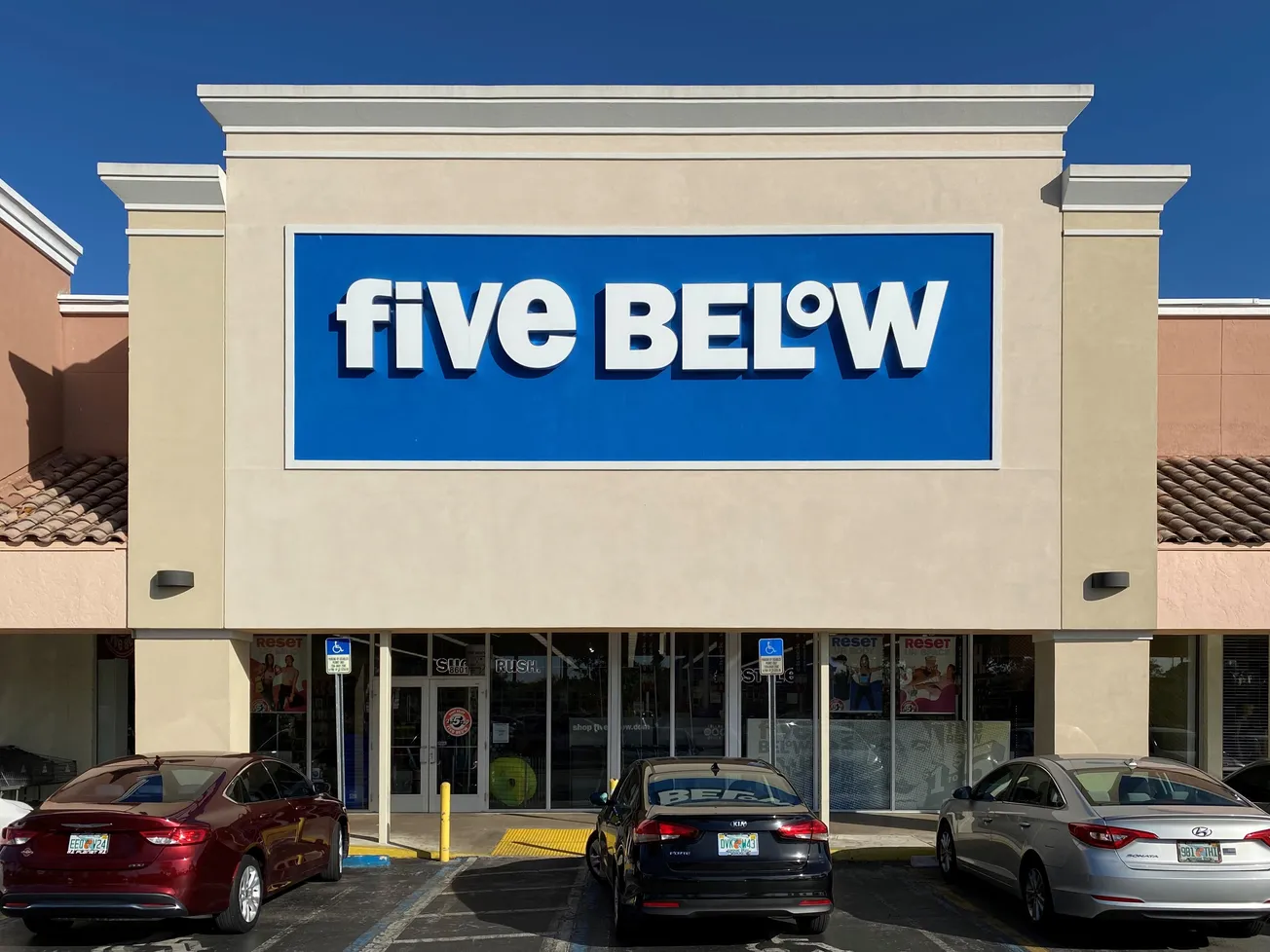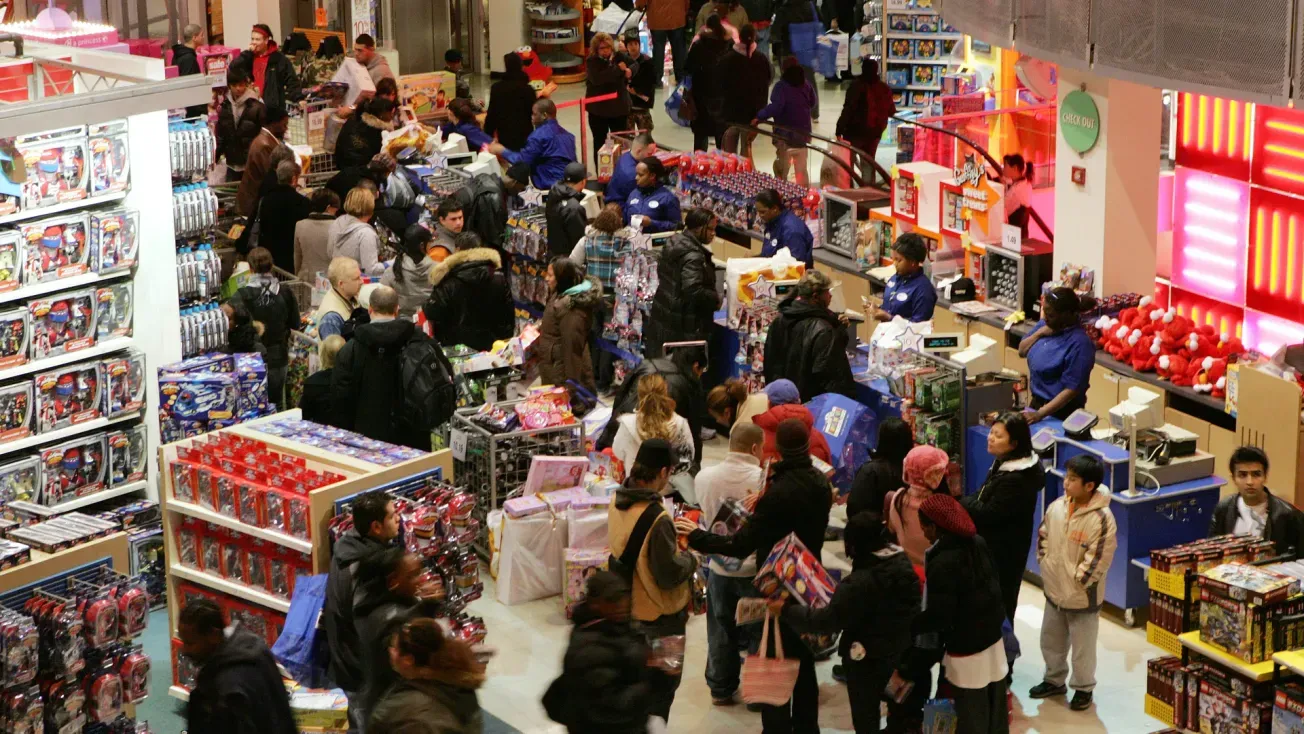
Consumer spending drives U.S. economy to fastest growth in two years
The labor market, meanwhile, has slowed considerably.

The labor market, meanwhile, has slowed considerably.

Bargain-hunting holiday shoppers lift sales.

Probiotics, once limited to dairy, now energize drinks, snacks, and supplements, fueled by science and growing consumer interest in functional nutrition.

Despite economic uncertainty, most shoppers say they’ll celebrate and spend, with many starting early to stretch budgets and find deals.

CNBC/NRF Retail Monitor sees shoppers preserving spending power ahead of holidays.

'Invisible inflation' seen robbing consumers of their purchasing power.

NRF’s Matthew Shay says shoppers are taking a breather after back-to-school spending, though overall retail growth remains “robust”.

To succeed in the “Aging Arc,” brands need to combine personalization, digital savviness, and genuine connection across different generations.

U.S. beauty sales rise as online sales increase 21% and consumers adjust routines after cosmetic procedures.

What dairy’s shifting composition means for retailers riding the protein wave.

Data show that the shift is real: 88% of shoppers still prefer in-store grocery shopping, and 86% say they would pay more for a better experience.

The July survey of 500 U.S. middle and senior store managers details how retailers are struggling to keep shelves stocked, customers satisfied, and establishments fully staffed.

Almost half of consumers started shopping in September or earlier, with discount stores experiencing the largest increase in foot traffic.

Survey finds consumers will shop more in-store this year than last.

Advance Census data shows U.S. retail and food services sales reached $732 billion in August, up 0.6% from July and 5% year over year.

Circana’s Marshal Cohen says shoppers are reshaping retail seasons, requiring marketers to adapt ahead of the holiday period.